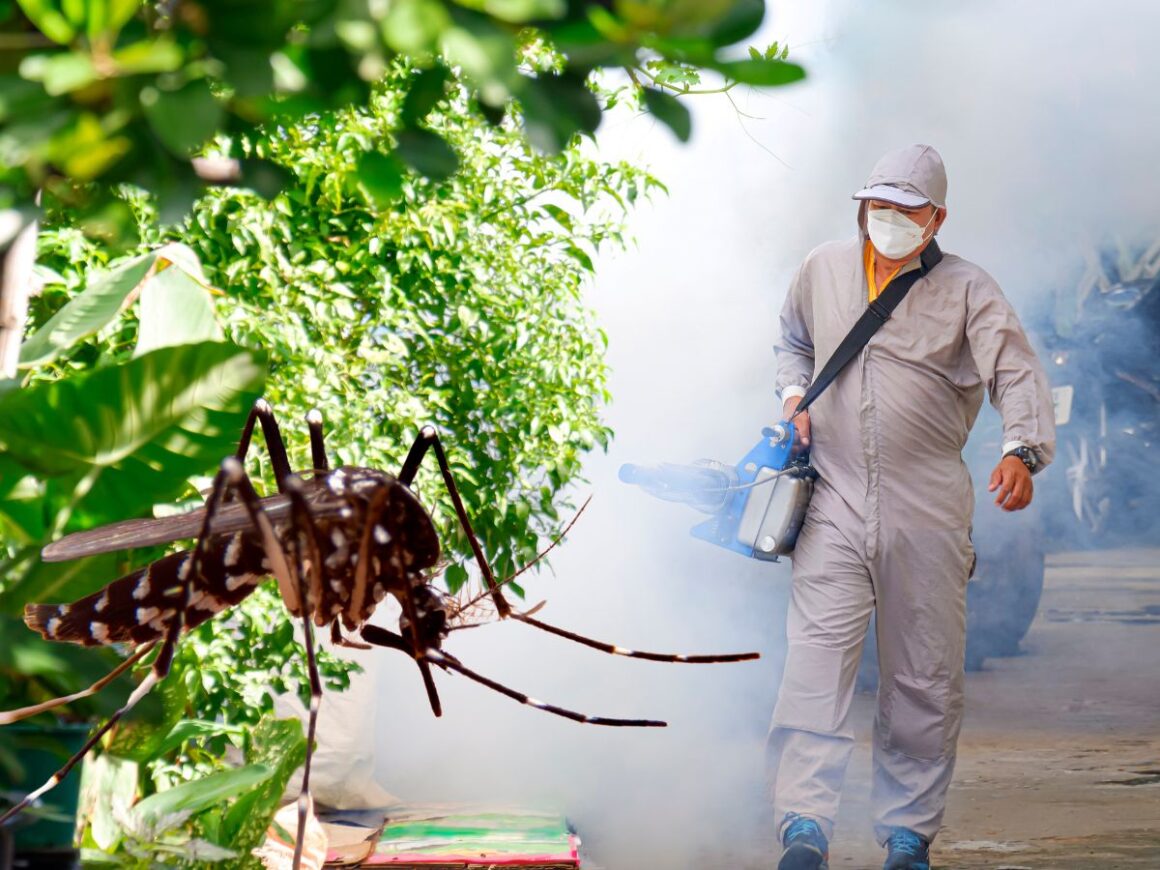New Delhi, September 05: Bengaluru, the IT hub of India, is grappling with a severe dengue outbreak, with cases surging to unprecedented levels. The city has topped the chart with the highest number of dengue cases in the country, prompting the Karnataka government to declare it as an epidemic.
The rapid increase in dengue cases has raised serious concerns among health officials and residents alike. The situation is particularly alarming given the potential for complications and even fatalities associated with dengue infections.
Karnataka Government Declares Dengue Epidemic
In response to the escalating number of dengue cases, the Karnataka government has declared the outbreak an epidemic. This declaration allows for the mobilization of additional resources and the implementation of stricter measures to contain the spread of the disease.
The government has also issued a public health advisory urging citizens to take necessary precautions to prevent dengue infection. These measures include eliminating mosquito breeding grounds, using mosquito repellents, and seeking medical attention promptly if symptoms develop.
Who is at Risk?
Dengue can affect people of all ages, but certain individuals are at a higher risk of developing severe complications. These include:
Children: Children are particularly vulnerable to this virus, especially those under the age of 10.
Pregnant women: Pregnant women with this disease are at a higher risk of complications, including miscarriage and premature birth.
Individuals with underlying health conditions: People with chronic illnesses such as diabetes, hypertension, or liver disease are more susceptible to severe dengue.
Travelers: Individuals traveling to areas with high rates of DN transmission are at risk of contracting the disease.
Dengue Preventive Measures
To prevent dengue infection, it is essential to take the following precautions:
Eliminate mosquito breeding grounds: Regularly clean and empty containers that can hold water, such as flowerpots, buckets, and discarded tires.
Use mosquito repellents: Apply mosquito repellents containing DEET or other effective ingredients.
Wear long sleeves and pants: Cover your skin to minimize mosquito bites.
Install mosquito nets: Use mosquito nets on your bed to prevent bites during sleep.
Seek medical attention promptly: If you develop symptoms of this mosquito-borne disease, such as fever, headache, muscle aches, joint pain, rash, or bleeding, seek medical attention immediately.
Government Response
The Karnataka government has implemented several measures to address the DN outbreak, including:
Fogging operations: The government has intensified fogging operations in affected areas to eliminate adult mosquitoes.
Public awareness campaigns: The government is conducting public awareness campaigns to educate citizens about DN prevention and control.
Mobilization of healthcare resources: The government is mobilizing additional healthcare resources to cope with the increased demand for medical services.
While the DN outbreak in Bengaluru remains a significant challenge, the government’s efforts to contain the spread of the disease are crucial.
Follow this space to stay updated with all the latest health news and developments from around the world.

